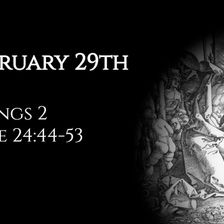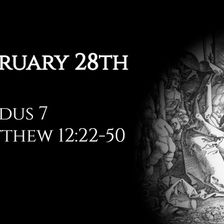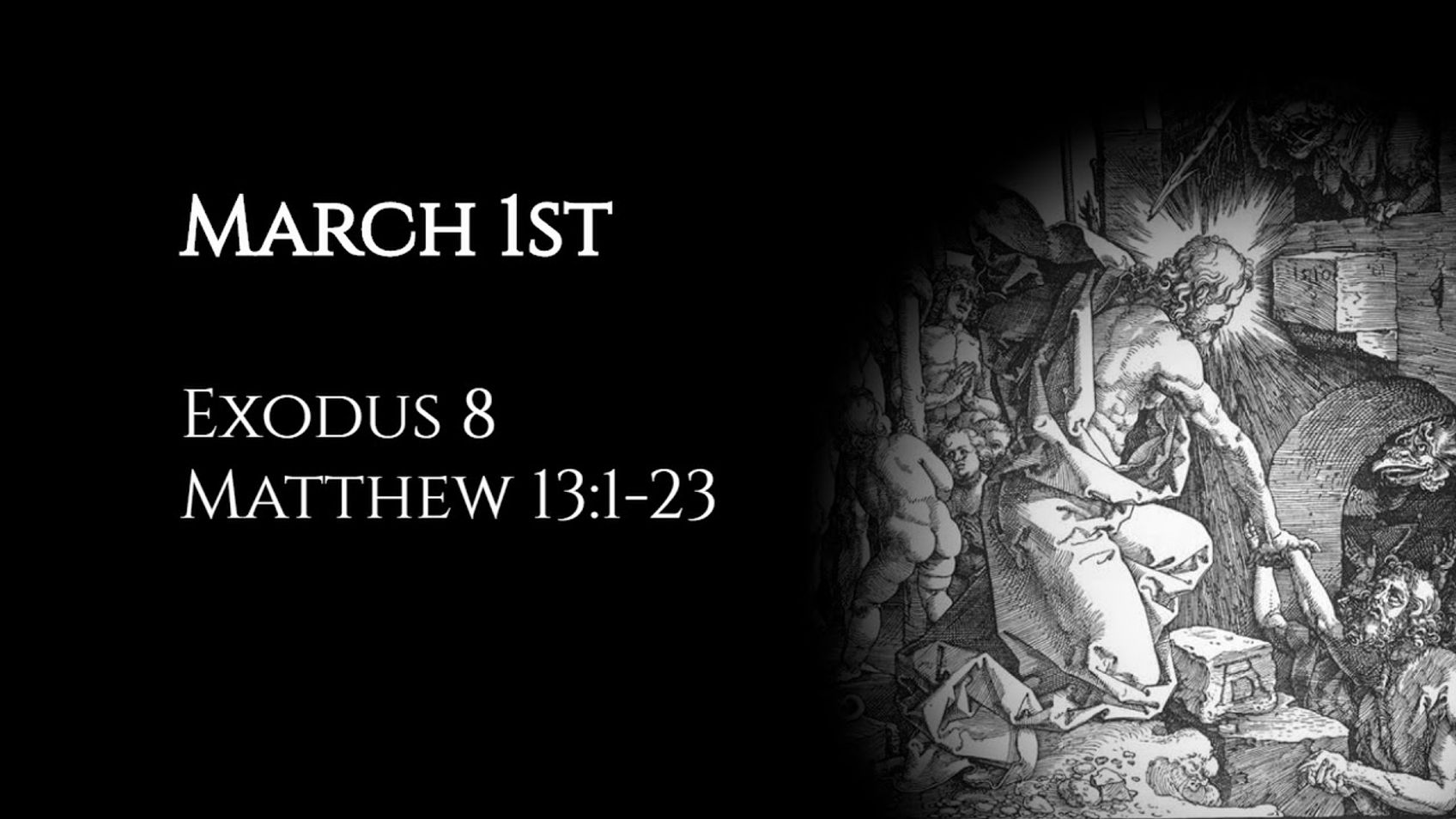March 1st: Exodus 8 & Matthew 13:1-23

Plagues of frogs, lice/gnats, and swarms. The Parable of the Sower and teaching in parables.
Some passages referenced:
Exodus 1:7 (Israel teeming and filling the land); Exodus 5:21 (Israel stinking); Exodus 7:18, 21 (the Nile stinking); Exodus 14:30 (piles of dead bodies beside the waters); Psalm 78:45 (the plague of swarms); Exodus 10:19 (not one of the locusts remained); Exodus 14:28 (not one of the Egyptians remained).
Hosea 2:21-23, Isaiah 55:10-13, Jeremiah 31:27-28 (God sowing his people); Hebrews 6:7-8 (the fate of land rejecting all cultivation); Isaiah 6:9-13 (the primary Old Testament intertext).
Reflections upon the readings from the ACNA Book of Common Prayer (http://bcp2019.anglicanchurch.net/).
If you have enjoyed my output, please tell your friends. If you are interested in supporting my videos and podcasts and my research more generally, please consider supporting my work on Patreon (https://www.patreon.com/zugzwanged), using my PayPal account (https://bit.ly/2RLaUcB), or by buying books for my research on Amazon (https://www.amazon.co.uk/hz/wishlist/ls/36WVSWCK4X33O?ref_=wl_share).
The audio of all of my videos is available on my Soundcloud account: https://soundcloud.com/alastairadversaria. You can also listen to the audio of these episodes on iTunes: https://itunes.apple.com/gb/podcast/alastairs-adversaria/id1416351035?mt=2.
More From Alastair Roberts






More on OpenTheo















